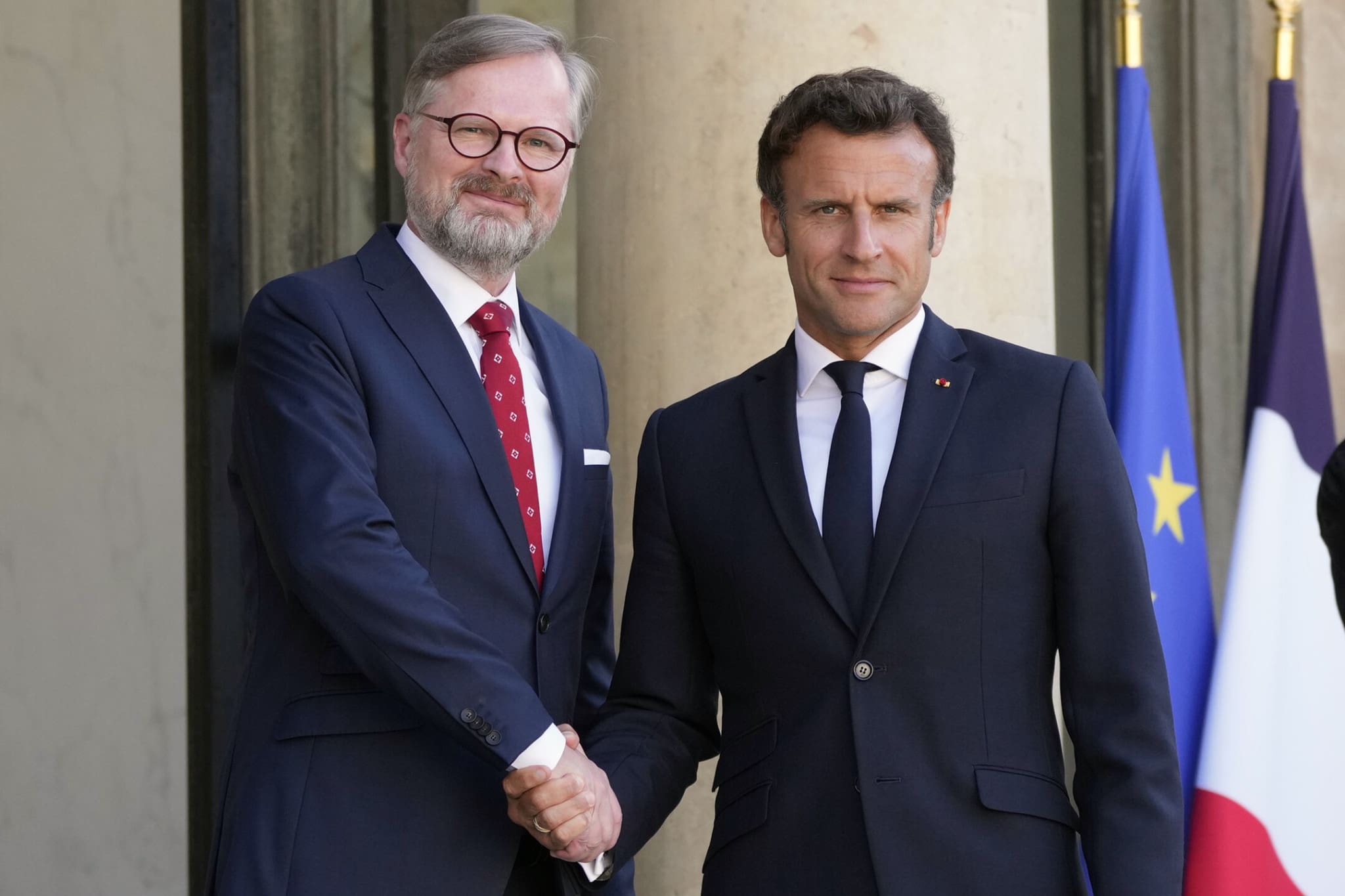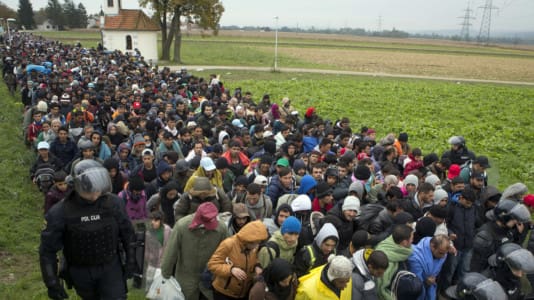In less than a month, the Czech Republic will take over the presidency of the EU Council after France’s six-month stint in the position. However, this presidency will begin during a period that is seeing the greatest geopolitical change in Europe since the fall of the Berlin Wall. Nevertheless, Czechia will have the opportunity to show that Czechs can lead the EU through troubled waters and that they are excellent negotiators who can unite the EU. Czechia has the capabilities and the tools for success, which are already evident, writes Vít Havelka, an analyst at the EUROPEUM Institute for European Policy.
Above all, it will be crucial for the Czechs to follow in the footsteps of the French, who have experienced a relatively good presidency. They have succeeded in concluding negotiations on digitization, and they have also made significant progress in reforming European healthcare cooperation in response to the Covid-19 pandemic. At the political level, they effectively managed the situation around the Russian war in Ukraine and the coordination of a common European approach.
This positive result of the French presidency is somewhat surprising, as in the first months, the presidential election campaign strongly influenced French European policy. Nevertheless, it has recently shifted into a higher gear and will leave a good impression. Czechia has something to build on. But it also has an advantage. The country will have more time to discuss the legislation because there are no parliamentary elections in the second half of this year.
Ukraine in the spotlight
The main task of the Czech Republic will be to moderate the discussion, oversee negotiations, and search for compromise solutions between individual member states and the European Parliament. So it will not be so much a matter of “promoting national interests” than having to keep in mind the interests of the EU as a whole and be the bloc’s cement. It will have to lead all 27 states through a geopolitical and, likely, economic crisis.
The Czech Republic will probably choose the Russian war against Ukraine and Europe’s reaction to it as a priority topic. Czechia, Poland, and the Baltic states have influenced discussions and measures regarding the EU’s policy on the war, and that will likely continue into the future, as the Czech government strives to maximize the EU’s support for Ukraine.
The first and probably most fundamental topic will be the energy crisis and securing sufficient resources for the EU’s winter heating season. The European Commission recently introduced the REPowerEU plan, which addresses the EU being cut off from Russian supplies. It also includes the possibility of joint purchase of gas, as it did with vaccines. It will be up to the Czech Republic to deal with the commission’s proposal and how it will manage the debate. The more independent Europe is from Russia, the more autonomously it will be able to support Ukraine.
The second important topic will be the very future of Ukraine, both in terms of the EU’s role in its post-war reconstruction and the country’s potential membership in the EU. In particular, the latter point will be very controversial. The EU must literally step into a minefield here – not to promise Ukraine something it will not be willing to do, and at the same time show the people of Ukraine that Europe cares about them.
Whatever the outcome of the accession debate, the Czech Republic should emphasize that the situation seen in the Western Balkans, where states have long been in the accession process, must not be repeated. However, at the same time, there is no real political will to integrate these countries. The result has been a disappointment, a decline in EU influence, and the rise of other world powers such as China and Russia. Repeating the same mistake could be fatal.
Last but not least, it will be necessary to address the integration of Ukrainian refugees and support for the countries that have received the most. However, for many reasons, it will be a very tough topic for Czechia. The country’s reluctance to participate in resolving the migration crisis of 2015 and 2016 limits the room for maneuvering. It is therefore uncertain to what extent Czech diplomats will be able to negotiate a short-term or longer-term solution.
On the other hand, it is crucial to mention that with the war in Ukraine, other issues that Europe has been dealing with for a long time have not disappeared. Czech diplomats will have to focus on drafting other important laws and seek consensus with all actors involved.
There is a lot to deal with, from the Fit for 55 emission reduction package to the digital agenda to social and healthcare legislation. From the French presidency, for example, Czechia will most likely take over the extension of the mandate of the European Centre for Disease Prevention and Control (ECDC) and the strategy for the development of artificial intelligence.
It is also worth mentioning the extensive legislation on the energy efficiency of buildings, new emission standards for passenger cars, and the gas package. Czechia’s success will be greatly dependent on whether it begins the legislative process for these new European laws and can follow through with their implementation.
The Czech presidency awaits many demanding tasks. A year ago, the main topic seemed to be green transformation and digitization. However, the key focus now will be the Russian war on Ukraine. Due to this historical event, virtually all other issues will take place in a different context.
Green legislation will become even more crucial due to eliminating dependence on Russian gas and oil. At the same time, the Czech government and diplomats will have to deal with the effects of the Russian war on the European economy and society right from the moment Czechs assume the presidency.
Czechia’s actions up until now bode well for the country’s future responsibility for helping steer Europe through this difficult time. In response to the Russian aggression, Czechia was active and able to effectively present its position. Thanks to the experience of Czech officials, the country should be able to keep the EU on course and guide it through the troubled waters of the second half of 2022.





